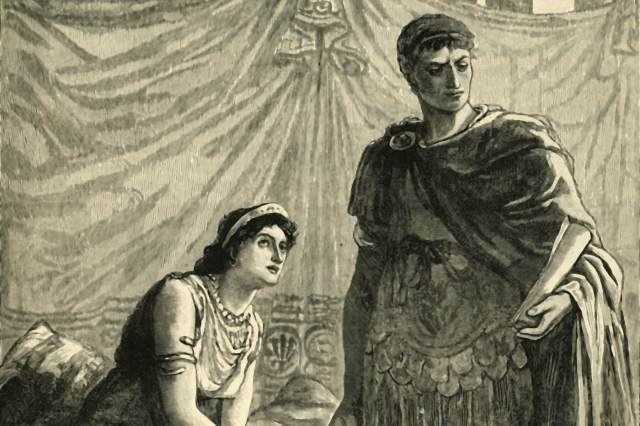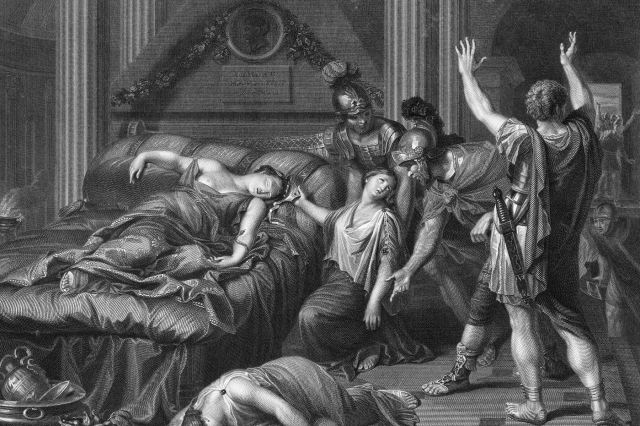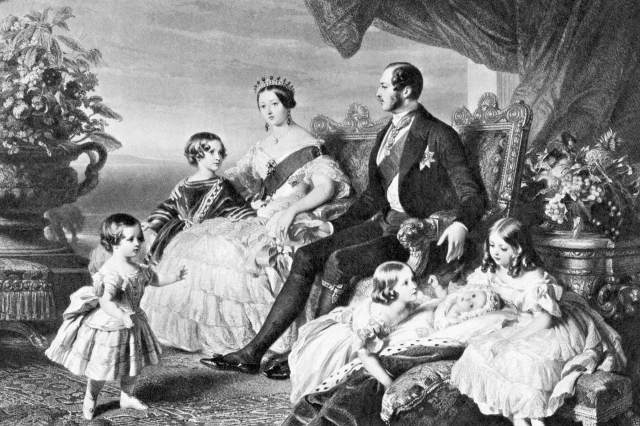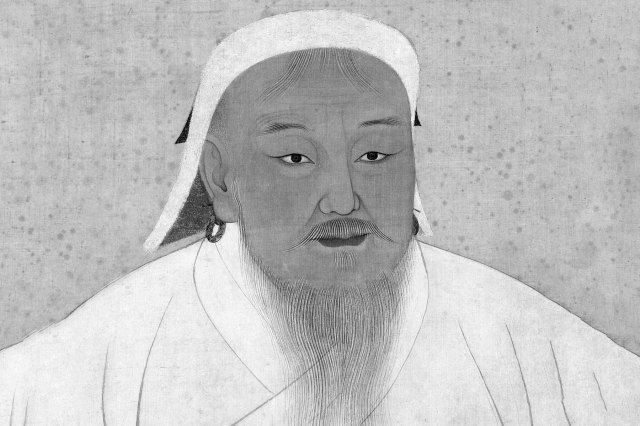5 Myths About the Egyptian Queen Cleopatra
Though she’s one of the most famous leaders of the ancient world, Cleopatra’s life is still shrouded in mystery. Cleopatra VII Thea Philopator ruled Egypt for 22 years as a powerful queen, and while her legacy is filled with tales of a goddess incarnate who seduced men to get what she wanted and had no problem killing anyone who got in her way (even her own siblings), much of this image is thanks to Hollywood and other pop culture depictions of the Egyptian queen. Actress Elizabeth Taylor famously played her in the big-budget 1963 film Cleopatra, and there have been numerous other portrayals of this enigmatic leader in art, fiction, and film — most of them filled with anachronisms and exaggerations and lacking in historical accuracy.
What historians do know is that when Cleopatra’s father, Ptolemy XII, died in 51 BCE, 18-year-old Cleopatra was named his successor. Over the course of her reign, she ruled alongside two of her brothers and her oldest son. She envisioned herself as the sole ruler of Egypt, however, and formed alliances with two of Rome’s most powerful generals in order to protect and maintain her power. In 47 BCE, she bore a son by Julius Caesar, nicknaming him Caesarion, or “little Caesar,” despite his illegitimacy. A few years later, in 44 BCE, Cleopatra’s relationship with Caesar came to an abrupt end when the Roman leader was assassinated, forcing her to develop new strategic alliances to secure her reign.
The Egyptian queen found a new political and romantic partner in Caesar’s friend and ally Mark Antony. With Antony, Cleopatra continued her political alliance with Rome, and they had three children together. However, Caesar’s adopted son Octavian declared war on the pair, leading to their untimely deaths. Cleopatra died in 30 BCE at age 39, as the last Egyptian queen and next-to-last Egyptian pharaoh. (Octavian had the last pharaoh, Cleopatra and Caesar’s 17-year-old son Caesarion, put to death just days later.) Octavian went on to become the first Roman emperor, dubbed Augustus Caesar, embracing his role as Caesar’s heir and ending the Ptolemaic kingdom.
It has been over 2,000 years since Cleopatra’s death, but her fascinating life still captures the imagination. Here are five popular myths about the Egyptian queen that separate the truth from the legend.
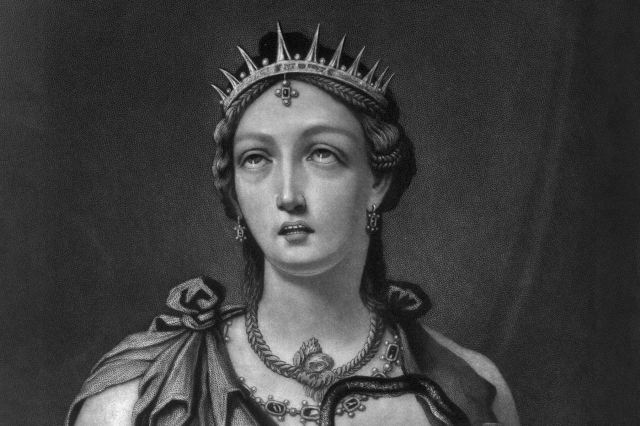
Myth: Cleopatra Was Ethnically Egyptian
Cleopatra is one of the best-known figures in Egypt’s history , but she wasn’t ethnically Egyptian. Though she was born in Alexandria, Egypt, around 69 BCE, Cleopatra’s lineage is traced to Macedonian Greece. She was the daughter of Ptolemy XII, a descendant of Ptolemy I Soter, a Macedonian general who served under Alexander the Great and founded the Ptolemaic dynasty that ruled in Egypt. Historians aren’t certain about the identity of Cleopatra’s mother, but theories suggest Cleopatra was the daughter of either Ptolemy’s first wife, Cleopatra V; his second wife, whose name is unknown; or a concubine.
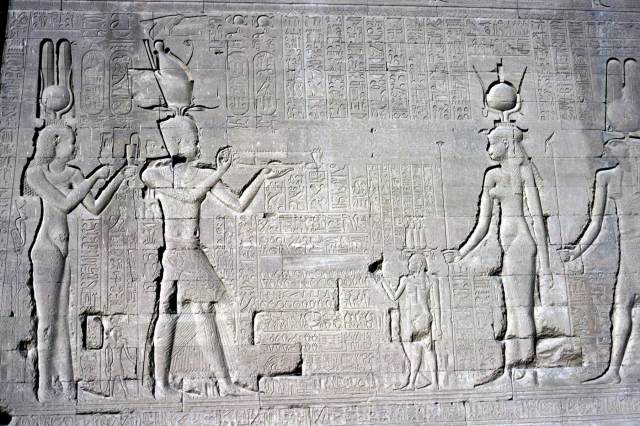
Myth: Cleopatra Wasn’t Prepared to Be Queen
Little is known about Cleopatra’s life before she became queen, but as a member of Ptolemaic royalty, she was highly educated and received a well-rounded Hellenistic education that included rhetoric, philosophy, astronomy, music, and Greek literature. She spoke around nine languages (Egyptian, Greek, Latin, Syrian, Arabic, Hebrew, Ethiopian, Persian, and Aramaic) and was the first of the Ptolemaic line to learn the Egyptian language. Praised for her intellect, she was knowledgeable in a wide variety of subjects, including economics, military strategy, law, and linguistics.











